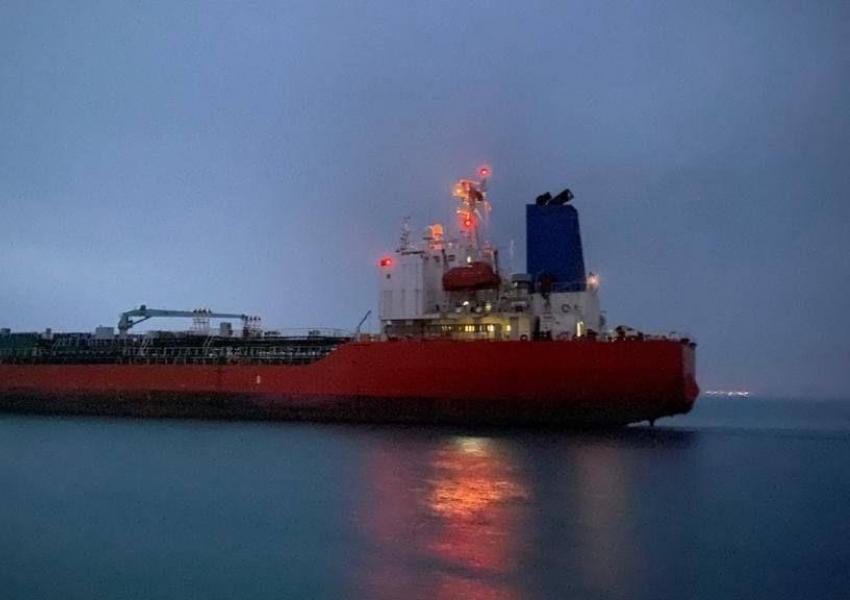
Iran Frees South Korean Vessel Amid Nuclear Talks
Yonhap, the South Korean news agency, confirmed Friday morning [April 9] that Iran had released the Korean-flagged MT Hankuk, its captain and 12 remaining crew, all detained by Iran since January 4. The tanker’s seizure was widely linked to Iran’s lack of access to around $7 billion in funds frozen by Korean banks wary of United States secondary sanctions.
Iran’s decision to release the ship comes as world powers continue Vienna talks, which began April 6, on reviving Iran’s 2015 nuclear deal with world powers. The lifting of US secondary sanctions, introduced by President Donald Trump after pulling the US out of the deal in 2018, are central to the Vienna discussions. Tehran has insisted that the sanctions be lifted before it reverses steps taken in its nuclear program since 2019 beyond limits set by the deal, the JCPOA (Joint Comprehensive Plan of Action).
Iranian and South Korean foreign ministries have made no explicit link between the freed tanker and the frozen funds. The Iranian media quoted one official that Korea had given assurances they were “trying to solve the problem and to strengthen ties.” Reuters quoted a South Korean foreign ministry official that Seoul had expressed “our firm willingness to resolve the fund [sic] issue.”
Iranian Foreign Ministry Spokesman Saeed Khatibzadeh announced on Thursday that the Hankuk would be released as the prosecutor had completed investigations. "The captain and ship had no previous record of infringements in the region which [helped] the prosecutor to take a positive stance," Khatibzadeh was quoted as saying by Fars News Agency.
Hopes for the vessel’s release grew after Khatibzadeh said on April 5 that the foreign ministry had made suggestions to the judiciary over the case and that the ship and captain, held at Bandar Abbas, had "no previous bad record in the region."
The freeing of the tanker has come ahead of a visit to Tehran next week by Prime Minister Chung Sye-Kyun, the first by a Korean premier since 1977, which his office announced on Friday. Khatibzadeh said on April 5 that the visit was imminent and that discussions would include the frozen Iranian funds.
Tehran and Seoul long looked at options for Iran receiving humanitarian aid in lieu of its blocked funds, but other than a small shipment of medicine cleared by Washington, there was no significant breakthrough during the Trump administration.









